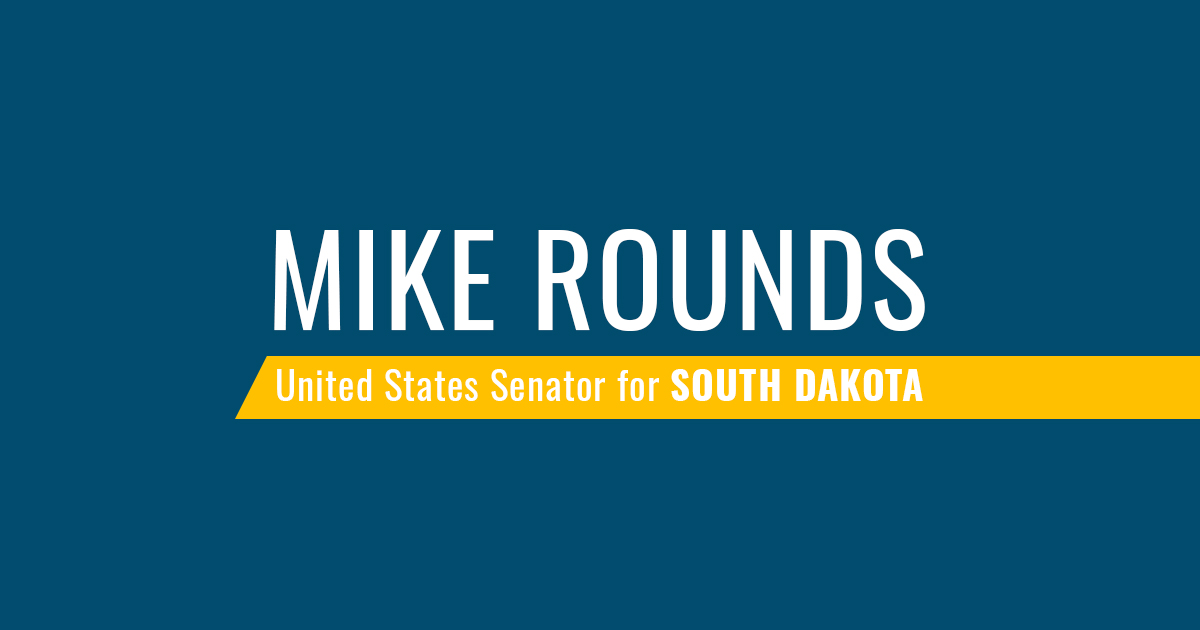Source: United States Senator for South Dakota Mike Rounds
Bipartisan legislation would hold Ligado Networks accountable for interference
WASHINGTON – U.S. Sens. Mike Rounds (R-S.D.), Jim Inhofe (R-Okla.) and Tammy Duckworth (D-Ill.), members of the Senate Committee on Armed Services, recently introduced S. 2166, the Recognizing and Ensuring Taxpayer Access to Infrastructure Necessary for GPS and Satellite Communications Act or RETAIN GPS and Satellite Communications Act. The April 2020 Ligado Order from the FCC recognized the likelihood of interference to GPS signals and requires Ligado to pay the federal government the costs for repairs. However, 99 percent of the more than 900 million GPS devices found in the United States are used by the private sector, consumers, as well as state and local governments; under the current Order, they—or their consumers—would have to bear the costs.
“Countless Americans, including our military personnel and agriculture workers, rely on GPS and satellite communications to do their jobs, making protecting these signals a matter of both national and economic security,” Rounds said. “In April 2020, the FCC acknowledged that Ligado Networks would be responsible for paying the federal government for any harm it causes to GPS signals while it modifies the spectrum. However, it’s not just the federal government that will be impacted by interference to GPS signals. The majority of GPS devices in this country are used by American consumers, private sector businesses, aviation-associated industries and local governments. Our bill will hold Ligado responsible for paying the cost for correcting any interference caused to the public and private sector as a result of its deployment of its new wireless network.”
“GPS and satellite communications don’t only impact our military—we rely on it for so much of our day to day lives, which is why we need to take steps to protect not just the federal government from the harmful decision, but all state and local governments, private entities and consumers too,” Inhofe said. “Our nation has an integrated public and private sector infrastructure to support the reliability and use of GPS and satellite communications to navigate our cars and boats for recreation and commerce, to plow our fields, to manage equipment for transportation construction projects, to track our exercise and to predict weather patterns – the list goes on. When Ligado’s effort to repurpose spectrum causes interference in the infrastructure of those systems, as tests have shown it will, consumers and taxpayers shouldn’t bear the burden of updating countless systems. That cost should only be borne by the responsible party: Ligado.”
“As a founding co-chair of the Congressional GPS Caucus, I’m proud to help Senator Inhofe introduce bipartisan legislation that will help make sure Ligado Networks is accountable for covering the costs of addressing any harmful interference that results from deployment of its proposed wireless network,” said Duckworth. “Given the continued concerns regarding Ligado’s efforts from stakeholders like the Department of Defense, Department of Transportation, NTIA and countless industries that rely on GPS and satellite communications, Congress should establish clear pre-conditions that Ligado must meet before the FCC Order may go into effect.”
The bipartisan legislation will require Ligado to cover the cost for correcting any interference their operations create for the public or private sector. While the Ligado Order says that they must upgrade or replace government devices that are impacted by the order, it isn’t specific about what those costs are and is silent on the private sector. This bill specifically outlines that all the areas of potential costs that must be borne by Ligado, including but not limited to engineering, construction, site acquisition, research, personnel or contracting staff, labor costs, etc, and specifically notes that these apply to those impacted in the private sector as well.
A section by section summary is available here.
###
